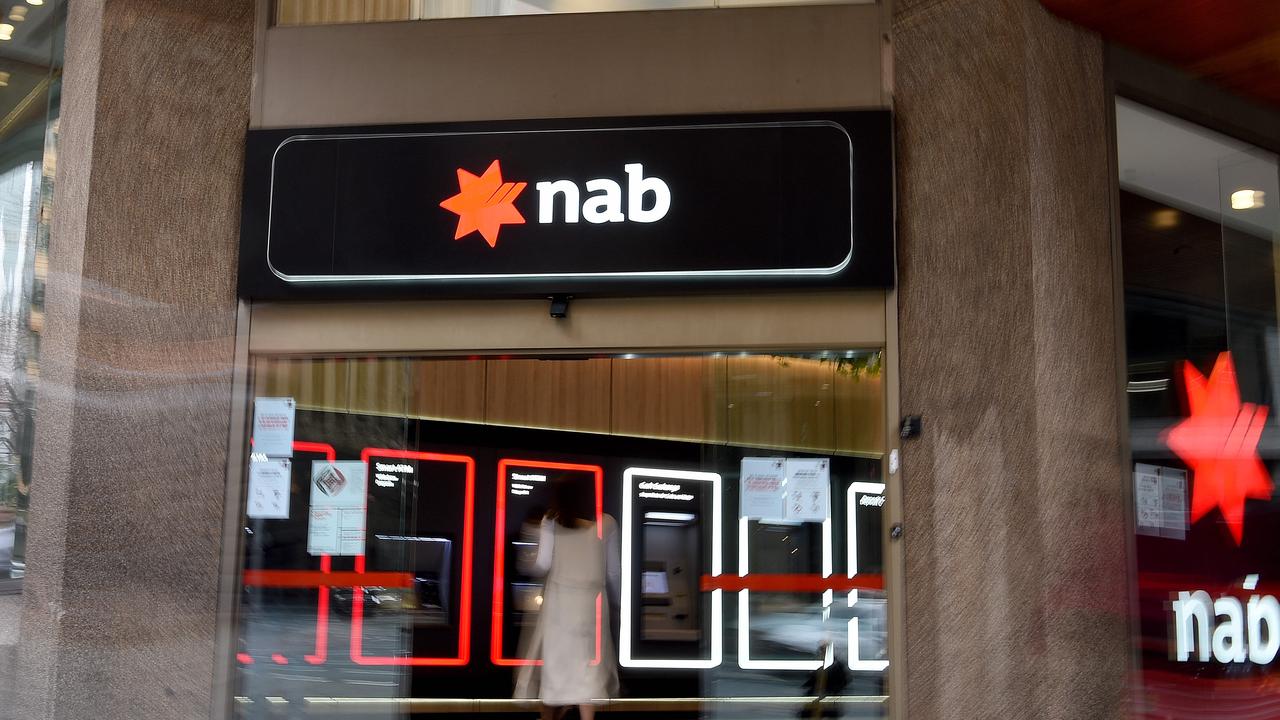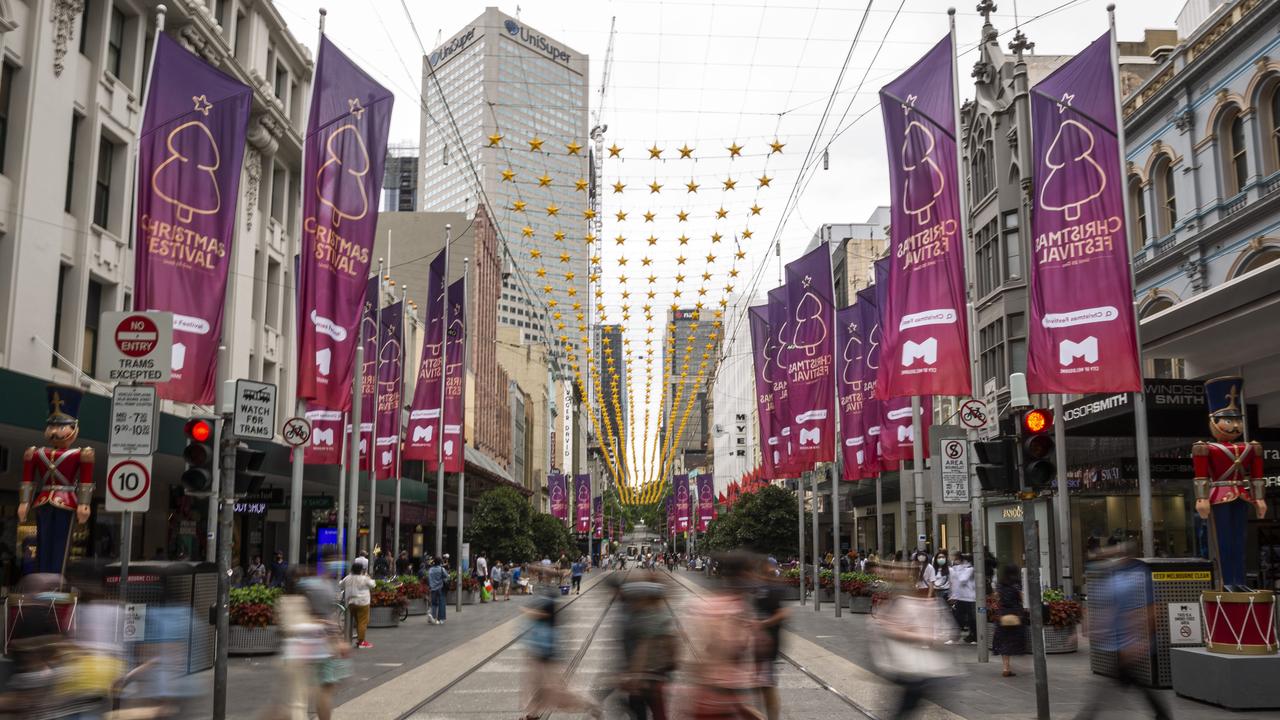NAB: CBD hospitality businesses still hurting from pandemic
While the retail industry is slowly getting back on its feet, new economic data has revealed the sector hurting more than most from the pandemic.
Sydney and Melbourne hospitality businesses are still financially flailing from the turmoil caused by the coronavirus pandemic that has uprooted their target customer group – office workers.
Latest economic data from National Australia Bank has revealed CBD spending on cafes, bars and restaurants in both major cities is still well below pre COVID-19 levels and is likely to remain so while work-from-home orders at large companies remain in place.
According to NAB’s weekly data ending on December 5, spending in Melbourne’s CBD on cafes, restaurants and takeaway was down 50 per cent compared with the same week in 2019.
In Sydney, spending in the same category is down 24 per cent compared with the previous corresponding period.

Pub spending in both major metros has fared even worse, with consumption at Melbourne watering holes down 57 per cent and Sydney pubs suffering a 41 per cent fall.
Melbourne’s accommodation spending is also down 69 per cent compared with last year.
The stark figures are in contrast to the spending surge that has hit both cities’ CBD retail sectors following bumper Black Friday sales and the pre-Christmas shopping season.
National retail spending was up 12 per cent compared with the same week last year.
NAB head of small business banking Ana Marinkovic said while overall spending in the economy is recovering from the lockdown, some sectors such as inner-city hospitality venues were still feeling the impacts of lower foot traffic.
“There is still a significant way to go in order to get to pre-pandemic levels,” Ms Marinkovic said.

“It is dependent on businesses and government offices in CBDs reopening and bringing on the workers. That will obviously support the spending levels.”
Ms Marinkovic also said the easing of border restrictions and the return of events such as the Australian Open tennis would assist in funnelling money into CBD locations.
However, she noted some small businesses may need to consider consolidating operations due to the reduction in demand.
Melbourne’s CBD has been particularly hit hard due to the state’s imposed second lockdown, which halted hospitality and food trading for nearly three months.

NAB said the switch to at-home work was likely to be a massive cultural change that would stick and likely impact CBD locations for some time.
“While working-from-home restrictions are scheduled to ease further in Victoria in the new year, many … office workers across many parts of Australia have become accustomed to working from home and may not rush to return,” the bank said.
“This is likely to be an ongoing drag on CBD spending compared to the suburbs – many of which are booming.”
According to NAB, spending in Queensland and Northern Territory outperformed the rest of the country, while South Australia and Australian Capital Territory had the lowest rise.




